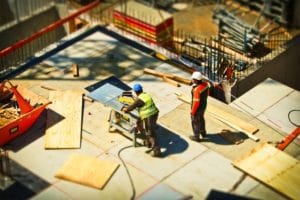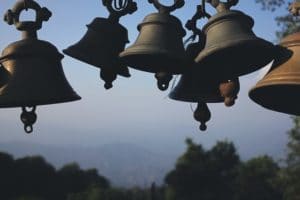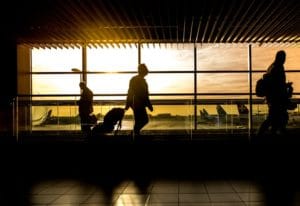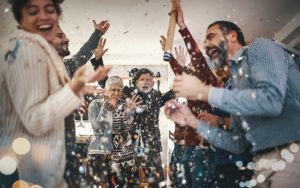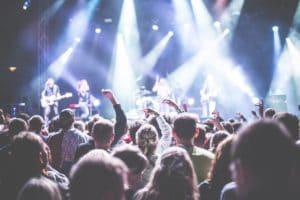Most people don’t give an audiologist a second thought, until they develop a hearing problem. If you are diagnosed with hearing loss in Burbank, you’ll be getting to know your audiologist pretty well, so it’s a good idea if you know exactly what he or she does. After all, an audiologist is more than just a person who looks inside your ear canals. They have a wide range of responsibilities, some of which will probably surprise you!
Definition of an Audiologist
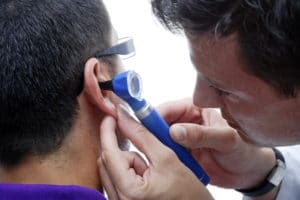
Your Burbank audiologist is a medical professional who specializes in the diagnosis, evaluation and management of hearing and balance disorders. They most likely possess a Doctorate in Audiology (Au.D.) degree but might instead have a master’s or doctoral degree from an accredited university. No matter the degree, you can be sure your audiologist has received thorough training in the prevention, identification, assessment and treatment of a wide variety of hearing and balance disorders. They will have completed an internship, passed a national competency exam and obtained professional certification and licensing in California and any other state(s) in which they practice.
The Many Roles of an Audiologist
Audiologists in Burbank do a lot more than just examine ears. They have many responsibilities, any or all of which they might be involved with on a typical day. These include:
- Identify, test, diagnose and treat hearing and balance disorders and tinnitus.
- Counsel and educate patients and their families about hearing health, management strategies and improved communication methods.
- Assess candidacy for hearing aids, cochlear implants and other implantable hearing devices.
- Manage audiologic rehabilitation programs including speech reading, language development and communication skills.
- Evaluate and treat patients suffering from central auditory processing disorders.
- Develop and implement hearing conservation programs for employers, schools and other professional organizations.
- Supervise and conduct newborn hearing screenings.
- Recommend, dispense, fit and program hearing aids and assistive listening devices for patients of all ages.
- Examine the ear canals and eardrum to eliminate excess earwax.
- Make custom earmolds from impressions of ear canals.
- Assist surgeons with ear-related medical procedures.
Where Audiologists in Burbank are Employed
Audiologists in Burbank work in a wide range of settings. They find employment in hospitals, clinics, private practices, primary schools and universities, hearing aid dispensaries, VA clinics and other locations.
Now that you have a better understanding of everything your audiologist does, you can appreciate that they are uniquely qualified to help manage hearing loss and balance disorders. Contact a Burbank audiologist today if you are experiencing problems with hearing or balance.


